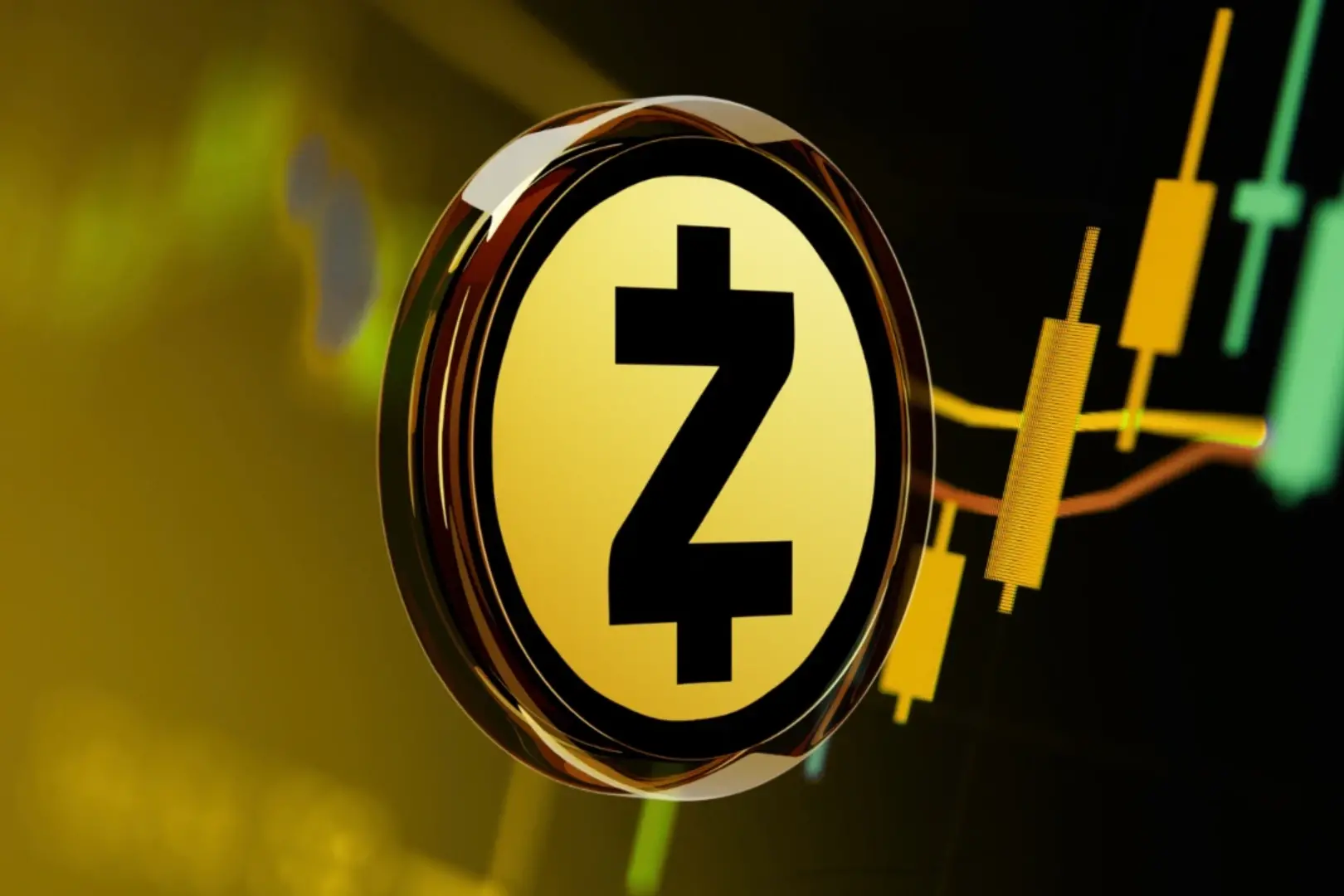Dow, S&P 500, Nasdaq, and Bitcoin retreat as US-China tensions and banks take center stage
- Dow and S&P 500 futures trade lower
- China applies sanctions and increases trade tensions
- Earnings season for major banks begins
Major U.S. index futures fell on Tuesday, as the market reacted to renewed trade tensions between Washington and Beijing, as well as expectations surrounding major banks' earnings season. The Dow Jones Industrial Average fell about 0,6%, the S&P 500 dropped 1%, and the Nasdaq 100, heavily linked to the technology sector, lost more than 1,4%.
The negative sentiment followed a previous session of relief, but was quickly reversed after China announced new sanctions. Beijing banned Chinese companies from doing business with five units of South Korea's Hanwha Ocean because of their ties to the United States. The measure was interpreted as a direct response to the trade policies of current US President Donald Trump, particularly in the shipping sector.
This escalation in disputes has shaken the prospects of a possible truce between the powers, putting the trade war back on investors' radar. Both nations had already been using port surcharges as a strategic tool, and the new retaliatory move adds further pressure to global markets.
Meanwhile, the third-quarter earnings season kicked off with results from giants like JPMorgan Chase, Citigroup, Goldman Sachs, and Wells Fargo. JPMorgan surprised positively, driven by strong trading activity on Wall Street. Its CEO, Jamie Dimon, highlighted that the U.S. economy "remained resilient," but reinforced that several risks still loom on the economic horizon.
With the ongoing government shutdown, several important data points, such as the September consumer inflation report, have been postponed. The new release date for the index is scheduled for October 24th. Information on retail sales and producer prices is also expected to be delayed, compromising a complete understanding of the economy.
Faced with this data blackout, investors are turning their attention to Federal Reserve Chairman Jerome Powell's speech at the annual NABE meeting, where clues are expected about the next steps in monetary policy.
Following China's response, Bitcoin — which was near $115 — fell back to near $110 and is now trading around $111.553, reflecting widespread market nervousness.
Disclaimer: The content of this article solely reflects the author's opinion and does not represent the platform in any capacity. This article is not intended to serve as a reference for making investment decisions.
You may also like
The Debasement Trade: Investors Flee Weakening Dollar
SNX Crypto Price Soars 130% Amid Whale Accumulation
Sam Altman in conversation with a16z co-founder: Will make aggressive bets on infrastructure, sora is an important strategic tool
Sam Altman revealed that OpenAI is making a "very aggressive infrastructure bet" to support the exponential growth in model capabilities expected over the next one to two years. He acknowledged that OpenAI is transitioning from a research lab to a vertically integrated AI empire and directly linked the future of AI to cheap and abundant energy, especially nuclear energy.

Crypto and stock markets both plunge—are DAT companies' stocks holding up?
This article analyzes the severe situation faced by digital asset treasury company (DAT) under the dual shock of the crypto market and stock market after the largest liquidation in crypto market history triggered by the Trump tariff news on October 10. It also examines the relationship between DAT's stock price decline and the multiple of its core asset value (mNAV).

